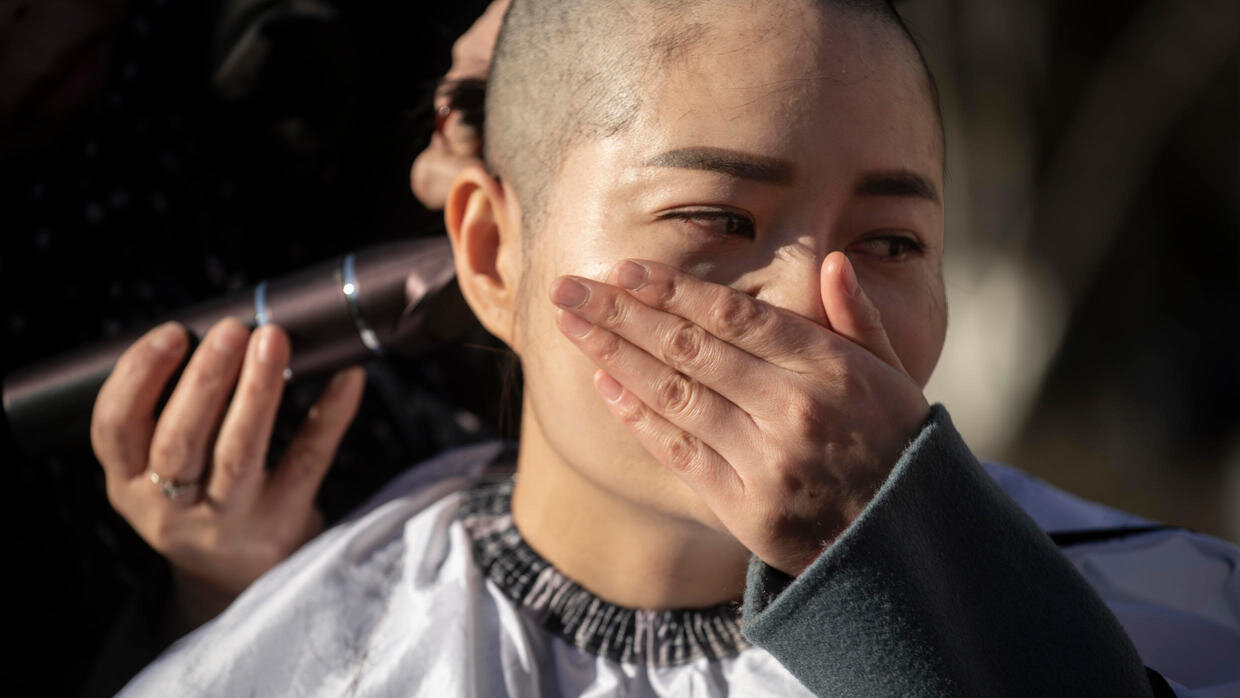This may be a rare opportunity to press the PRC to make a humane human rights decision. Will the world seize it?
By Jerome A. Cohen
While striving mightily to overcome the blow that its handling of the Coronavirus has dealt its aspirations for “soft power”, the Chinese party-state is now confronted by a new dilemma — the rising tide of international protests against the continuing confinement of famous human rights lawyer Wang Quanzhang following his formal release from almost five years in prison on Sunday.
The PRC’s now customary modus operandi is to ostensibly release Chinese human rights lawyers after completion of their long terms of wrongfully-imposed criminal punishment, but then immediately deprive them of their freedom forever via the application of comprehensive secret police measures, including total disappearance, that assure their enduring silence. This is what I have long called the “Non-Release Release”, what has until recently been a low visibility, low political cost, extralegal procedure that has done less damage to the PRC’s public image than a formal criminal sentence to life in prison or the death penalty might occasion.
But the current Wang case presents a challenge to this horrendous practice. The PRC’s too clever resort to the excuse of needing to shelter Wang for a post-release 14-day Coronavirus testing period has begun to focus international attention on what his gallant wife Li Wenzu has rightly condemned as its shameful NRR practices. This has given world opinion a rare chance to influence a PRC human rights decision.
What will the PRC do with Wang at the end of 14 days? Announce that he needs yet another 7 days of further surveillance? He had already tested negatively five times for the virus before his departure from prison! And how will it justify the continuing prohibitions on his electronic as well as personal contacts after that period? Will it claim that his sentence to a five-year deprivation of his political rights following prison release requires his total exclusion from all society? Given the gradual mobilization of public opinion, both inside and outside China, against disgraceful persecution of a courageous lawyer and human rights, what will be the calculation of PRC propagandists and leaders?
Wang Quanzhang (left) and his wife Li Wenzu with their son in 2015. Photo: AP


